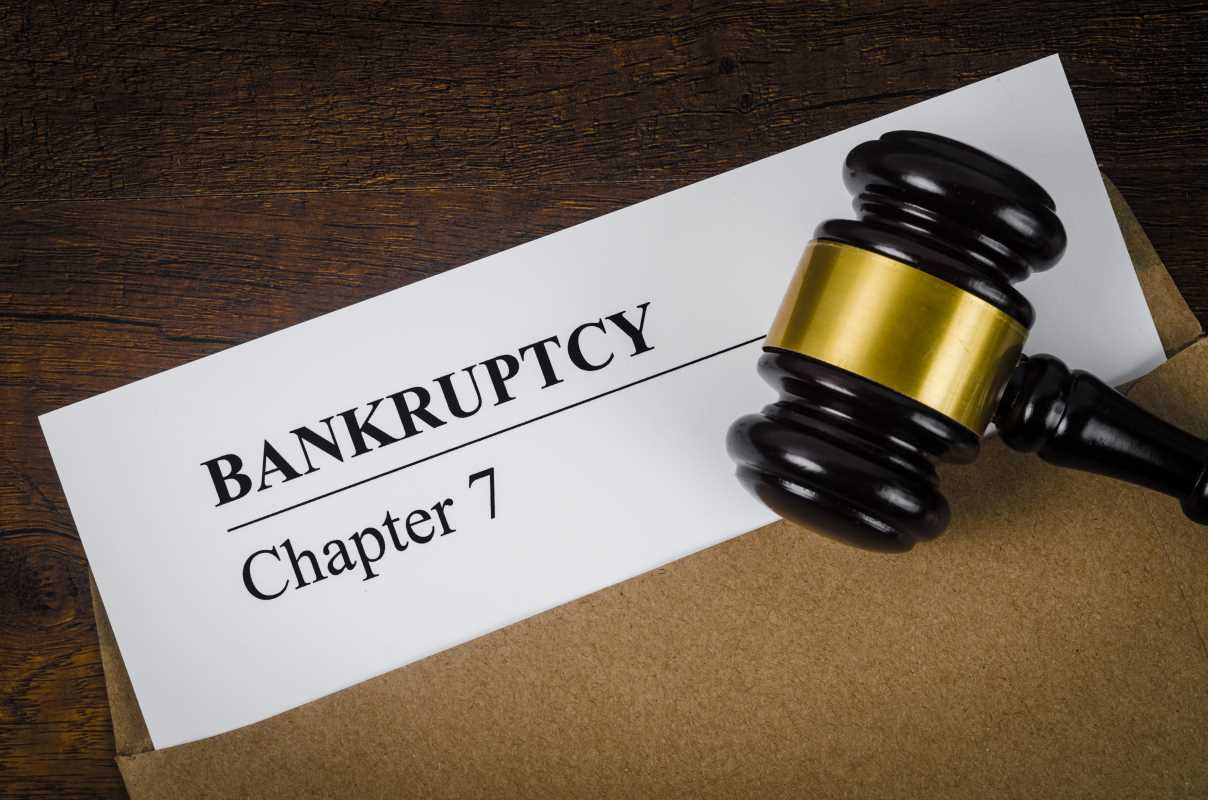Getting cheated by a service provider feels like a punch to the gut. You trust someone to do their job right, only to be left with sloppy work, unfinished projects, or overcharged bills. It’s frustrating, unfair, and can also take a toll on your wallet and peace of mind. The good news? You don’t have to just accept the loss and move on. There are ways to reclaim your money and hold the service provider accountable. We'll walk you through practical steps to address the situation, explore your legal rights, and report the issue to the proper authorities, so you can work toward a resolution and, hopefully, a refund.
Gather Your Evidence
Keeping solid documentation strengthens your case significantly. Start by collecting everything related to the service, including contracts, receipts, and invoices. Save text messages and emails showing communication between you and the provider. If the service involved physical work, like home repairs or auto repairs, take photos of the problem areas before and after the work was done.
Having these records makes it easier to prove the service provider didn’t deliver on their promises. Write down key details such as timelines, payment amounts, and any promises they made verbally. The more organized your evidence, the stronger your position will be in negotiating a resolution.
Contact the Service Provider Directly
Reaching out to the provider is often a good starting point. Mistakes happen, and there’s always a chance they’ll agree to fix the problem or offer you a refund without a fight. Be polite but firm when explaining the issue. Outline what you expected versus what you received, and back it up with your documentation.
Sometimes, providers deny responsibility or try to dodge your concerns. Stand your ground and don’t be afraid to escalate the conversation to a supervisor or the owner of the company. Calm persistence can often lead to a solution.
Review the Contract Terms
Carefully reviewing the contract or agreement you signed with the service provider might reveal additional steps you can take. Many contracts include clauses about refunds, dispute resolution, or repairs. Knowing exactly what the document says gives you a better understanding of your rights and responsibilities.
If no contract was signed, your rights may fall under general consumer protection laws. Don’t shy away from citing these when demanding a refund. Most basic consumer laws work in your favor when a professional fails to deliver services they agreed to provide.
Send a Demand Letter
A demand letter serves as a formal request for the service provider to resolve the issue. This document lays out the problem, states the resolution you’re asking for (like a refund), and sets a clear deadline for responding. Demand letters act as one final effort to negotiate before pursuing legal action.
Be sure to include a summary of the events, the documentation you’ve gathered, and a direct statement about what action you want them to take. Sending the letter via certified mail ensures you have proof it was delivered. Sometimes, the seriousness of a demand letter is enough to make providers take immediate action.
File a Complaint With the Better Business Bureau
The Better Business Bureau (BBB) mediates disputes between customers and service providers. Filing a complaint with the BBB is free and often results in a quick response from the business. Many companies prioritize resolving complaints through the BBB, as unresolved issues can hurt their reputation.
When submitting your complaint, provide as much detail as possible about the situation and the resolution you’re seeking. The BBB will follow up with the business on your behalf, and you’ll be notified of any updates along the way.
Report the Provider to a Government Agency
Government agencies exist to protect consumers from fraudulent or unethical practices. Reporting the service provider to the appropriate authorities not only helps your case but can also prevent others from being cheated in the future. Here are some key places to report:
- Federal Trade Commission (FTC): The FTC handles fraud complaints nationwide. Visit their website to file a report about deceptive practices.
- State Attorney General’s Office: Many states have consumer protection divisions within the attorney general’s office. Filing a complaint there might result in direct assistance, including mediation with the business.
- Local Consumer Protection Agencies: Many cities or counties have consumer protection offices dealing with local business complaints. Search for one in your area and file a report.
- Licensing Boards: If the service provider is in a licensed profession, such as contracting, cosmetology, or healthcare, you can report them to the relevant licensing board. These boards have the power to investigate bad practices and take disciplinary action.
These agencies are often overlooked but can be instrumental in holding the provider accountable while helping you recover your funds.
Consider Small Claims Court
Small claims court allows you to sue a service provider without the costly fees of hiring a lawyer. The rules and filing limits for small claims court vary by state, but typically, you can recover a few thousand dollars (depending on your state’s cap) through this process.
The court process is relatively straightforward and user-friendly. You present your evidence, including contracts, photos, and receipts, to a judge, who decides on the case. Winning in small claims court usually results in a legal order requiring the business to refund your money or fix the problem.
Use Online Reviews and Social Media Strategically
Sharing your experience online might pressure the provider to resolve the issue. Leaving a detailed review on Google, Yelp, or social media platforms highlights their poor practices and could encourage them to take your complaint seriously.
Focus on keeping your tone professional and avoiding emotion-driven rants. Stick to facts, outlining what happened and why the service fell short. Businesses are often quick to address public complaints in an effort to protect their reputation.
Explore Chargebacks or Payment Disputes
If you paid for the service with a credit card, you might be eligible to dispute the charge through your bank. Credit card companies often protect against fraudulent or substandard services under their terms. File a chargeback request and provide all necessary documentation to back up your claim.
Banks also review disputes for certain debit card payments, so it’s worth checking with your financial institution even if you didn’t use a credit card. Acting promptly is key, as disputes typically have strict deadlines of 60-90 days from the purchase date.
Seek Mediation or Arbitration
Mediation and arbitration are alternatives to lawsuits that often lead to quicker resolutions. Mediators help both parties negotiate a solution that works for everyone, while arbitrators make the final decision based on the evidence presented.
Some contracts require arbitration clauses, meaning you’ll need to settle disputes this way before taking further legal action. These methods can still be effective, especially if you’re trying to avoid the time and cost of court proceedings.
 (Image via
(Image via





